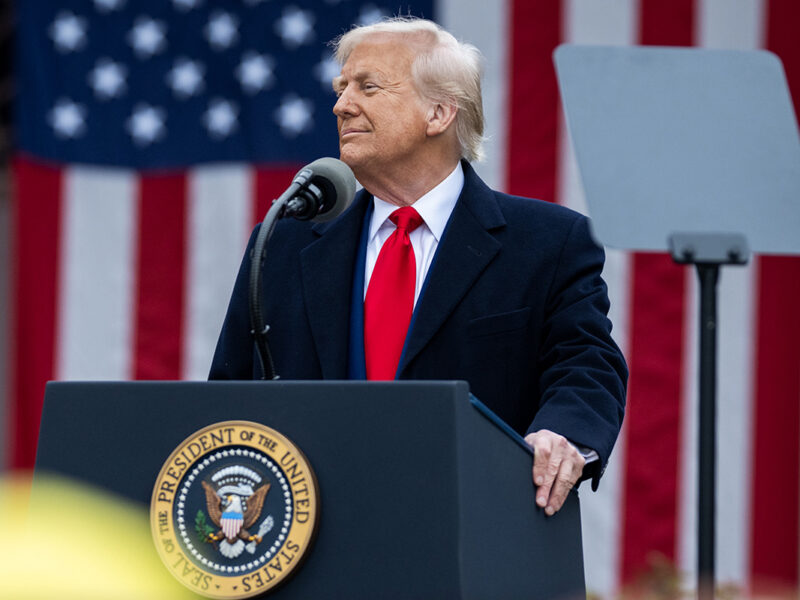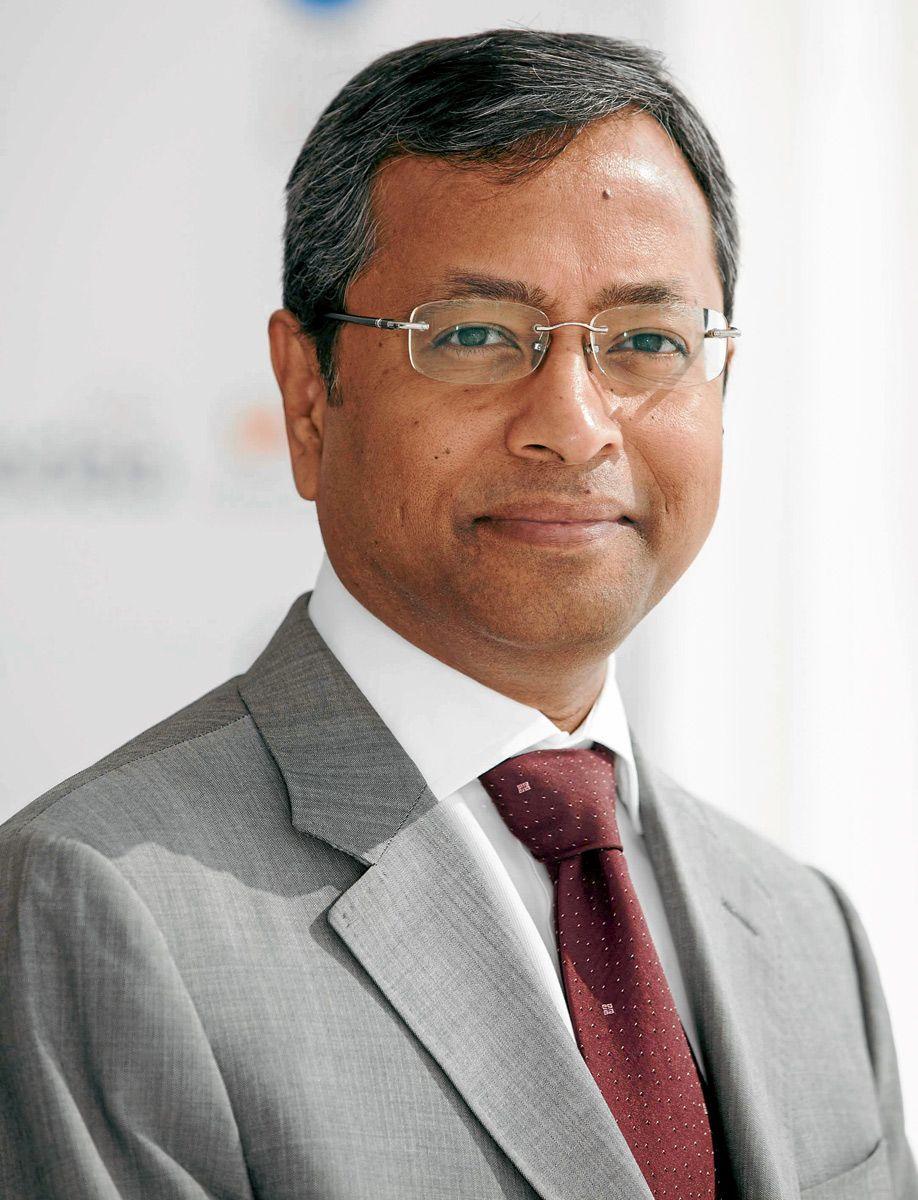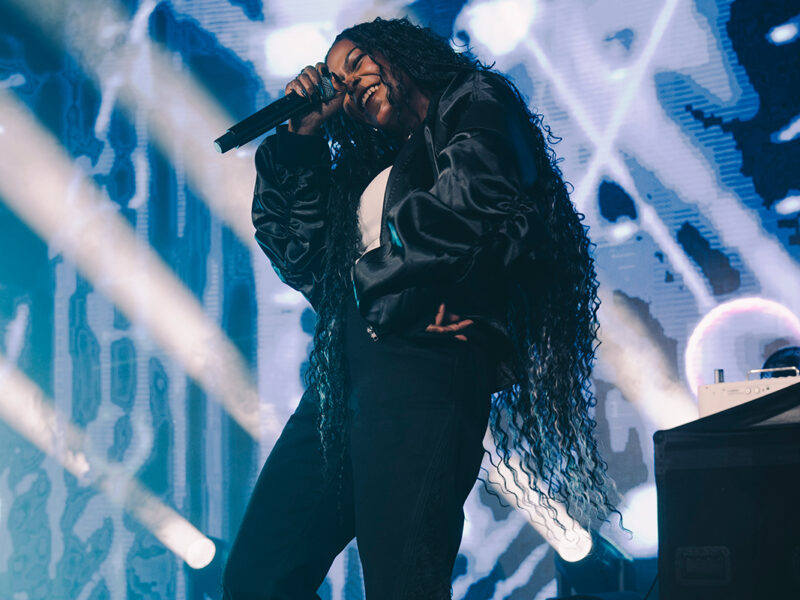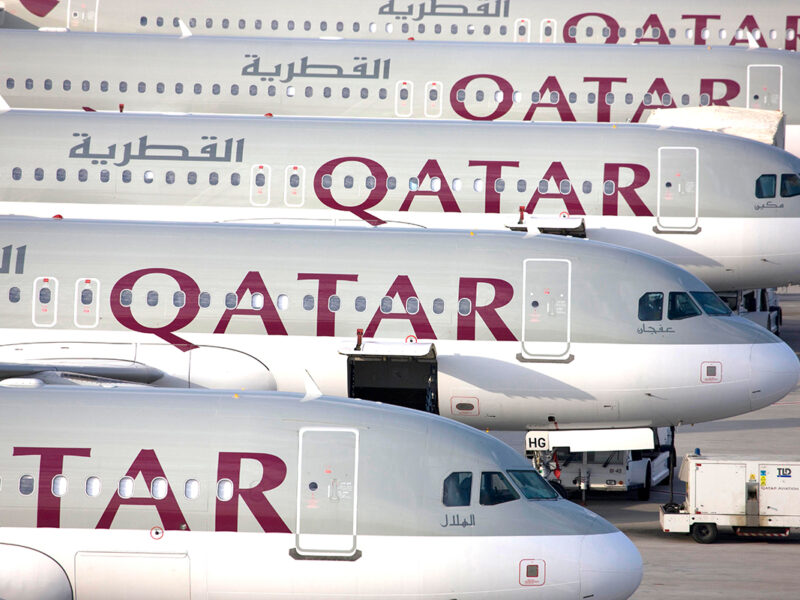It was the year of terror. Sadly, 2015 was defined by Charlie Hebdo, ISIL’s brutal attacks across the world, millions of Syrian refugees crossing international borders seeking asylum from their war-ravaged country, Saudi Arabian-led coalition forces launching Operation Restoring Hope in Yemen and an increasing Sunni-Shia divide orchestrated by an aggressive Iran.
Much of this year of terror has been dominated by the more than 100 Islamist terrorist attacks that have taken place around the world. ISIL’s all-out assault on Western civilisation and its ability to capture the attention of the world through the use of social media has promoted a wave of anti-Muslim sentiment, topped by the US Presidential candidate Donald Trump calling for a ban on Muslims entering the US.
Little, though, has been written about the 1.6 billion Muslims who continue to lead peaceful lives, or the regional leaders and religious heads – from the Grand Imam of Al Azhar Sheikh Ahmed AlTayeb to Saudi Arabia’s Grand Mufti Abdulaziz Al Sheikh – who have publically denounced Daesh and its actions.
Small doses of condemnation do not make for global headlines.
As Trump’s comments highlight, there is a deep divide between the Muslim world and the West, driven by decades of stereotyping, violent acts of terrorism and a bystander attitude that has failed to provide balance. On the other hand, ISIL’s sophistication through its slick use of technology, professionally edited vlogs (video blogs) and online magazine, together with its ability to both shock and rally its troops on social media, has dominated the Muslim narrative.
To quote Harold Burson, Founding Chairman of Burson-Marsteller: “If you don’t tell your story, someone else will and you won’t like the way they do it”. This unfortunately has become the case for Islam.
“Marketing to Muslims”, a report by our sister company, J Walter Thompson, clearly defines five types of Muslims. While New Age Muslims, Pragmatic Strivers, Liberals and Social Conformists account for 83 per cent of Muslims, just 17 percent fall under the Religious Conservatives category, some of whom may support terrorism. Yet it is these fringe elements who are dominating the story and ultimately the world’s perception of Islam. In 2016, we must see and hear a unified, more moderate Muslim voice take back the headlines and demonstrate the peaceful side of Islam.
The Muslim world must seize the narrative and create a unified voice that promotes a moderate Islam in much the same way Pope Francis has changed the perception of the Catholic Church. When he was elected in 2013, the Catholic Church was plagued by decades of mismanagement but in just a few years, this bold new Pope has completely changed the face of Catholicism. Unlike his predecessors, Pope Francis has openly discussed many of the issues that were once brushed aside. He continues to practice what he preaches and he has encouraged the Catholic community to adopt a more modern approach that has mass appeal. He was, for example, the first Pope to join Twitter. Just two years later, his Tweets are amongst the world’s most influential; for every Tweet he is retweeted an average of 9,929 times on his Spanish account and 7,527 on his English account, compared to Barack Obama’s 1,210, according to the Burson-Marsteller Twiplomacy report.
I would like to see 2016 as the year the Muslim community comes together to create a new moderate voice that is able to transcend the loud and damaging noise that has been allowed to dominate the headlines and actively embrace and promote a new narrative.
Promoting a moderate voice of Islam requires several critical pillars, many of which mirror the measures Pope Francis has taken. It must bring Islamic teaching into the modern age by making sermons relevant, and use communications tools such as social media to promote its peaceful message, tackle extremism internally and play an international role in spreading the true message of Islam and actively engaging on the world stage.
Only then will we be able to transform from a year of terror to a year of positive change in 2016.
Sunil John, CEO of ASDA’A Burson-Marsteller.









